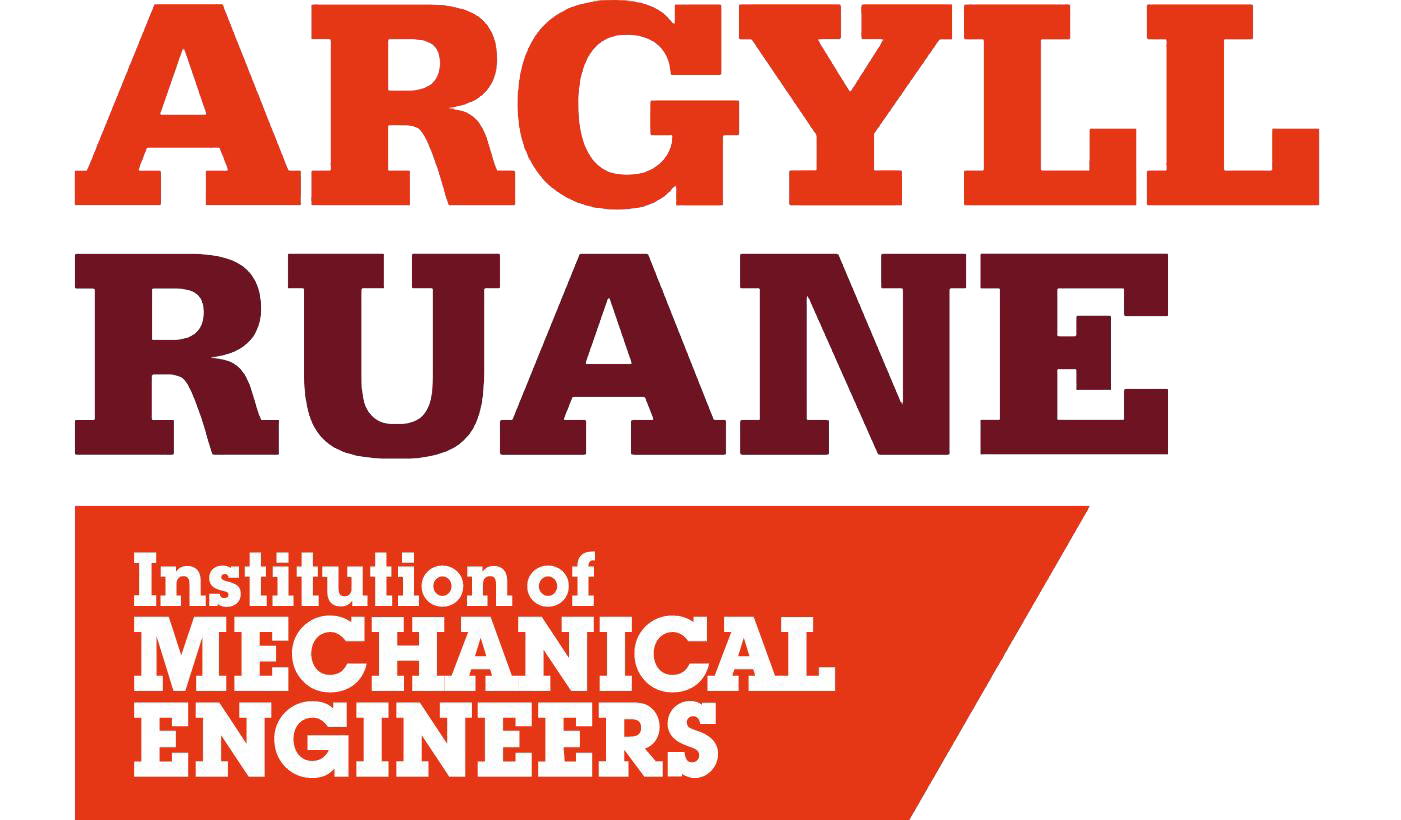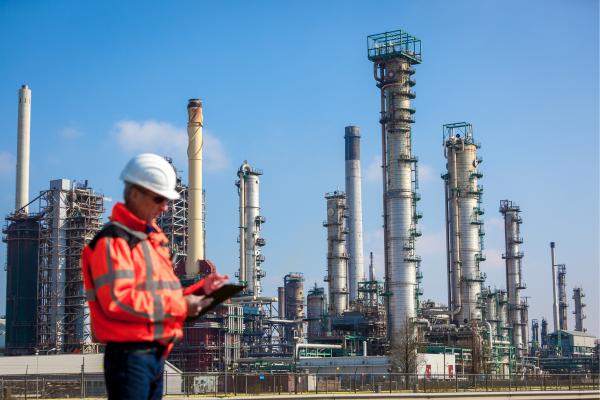Accredited by the Institute of Corrosion (ICorr), this 5-day combined course will help candidates gain their Level 2 qualifications for PFP and Insulation Inspector certifications. Course structure:
- Days 1 & 2: Level 2 Insulation Inspector training
- Day 3: Paint inspection
- Day 4: Level 2 Passive Fire Protection (PFP epoxy) training
- Day 5: Insulation + PFP examinations
The insulation inspector training content is a Level 2 standard and covers the inspection of both thermal (hot and cold) insulation and acoustic insulation. It is applicable to pipework, vessels and equipment used in the oil, gas and process industries.
Key topics covered include:
|
|
The PFP training content is a Level 2 standard and covers the inspection of modern types of Passive Fire Protection as found on hydrocarbon installations for both on and offshore facilities. This includes structural members, decks and bulkheads and storage or process tanks and associated pipework.
Key topics covered include:
- Introduction: Fire and Types of Fire, Explosion Hazards, Fire Mitigation, why use PFP
- Introduction to PFP: Types of PFP coatings, Epoxy, Cementitious, Dry Fit, Duplex
- PFP of Steel Structures: Open section, Closed Section, Coatback Areas, Divisions, Process Vessels, Storage Vessels, Decks and Bulkheads
- Classification Society Type Approvals: Main Society Approvals, Fire Test Curves, Other Types of Approval
- PFP Materials and Systems: Product Development, Testing, Approval
- Overview of Epoxy Degradation Mechanisms: Pre-fire Durability, Survivability in a Fire
- Epoxy PFP Product Manufacturer Manual: Contents, Application Characteristics, Updates
- Examples of PFP Application Defects: What to look for, Contamination Effects, Other Issues
- Inspection Equipment: Calibration, Adjustment and Verification
- Reporting and Record Keeping: Manual and digital reports
- Health and Safety: Work Practices and Procedures, CDM, Method Statements, COSHH, etc.
- Role of the PFP Coating Inspector
- Pre-job Meeting: Specification, Inspection Plan, Responsible, Accountable, Consulted, and Informed (RACI) Chart, Load List, Level of Testing
- Before Going on Site: Safety Data Sheets, Technical Data Sheets, Health & Safety Data Sheets, Risk Assessments, Manufacture’s Cards, Site Specific H&S, Authorisations
- Personal Protective Equipment
- On-site Tasks: Relationships – supervision & work team, Test & Inspection Equipment Checks, PFP Material Storage Checks,
- Monitoring Work: Surface Preparation, Primer Coat, PFP Coat – mixing process, Daily Report, PFP Post-cure Inspection, Final Inspection
- Examination: General, Specific and Practical exams (150 multiple-choice questions)
(Note: Mechanically fixed methods are not covered.)
Candidates are required to:
1. Have a knowledge of inspection philosophy, surface preparation, anti-corrosion coatings and how to use common inspection instruments.
2. Hold an ICorr Protective Coatings Inspector (or equivalent) certificate and ideally hold a minimum of 12 months’ coatings related experience.
3. Submit their CV to ensure they have the required pre-requisite qualifications and experience.
4. Seek advice if hold less than 12 months’ coatings experience as they may still undertake the course and become certified once relevant experience has been obtained.
This course is accredited by the Institute of Corrosion (ICorr). On successful completion of the course and relevant coatings related experience, candidates will gain Level 2 certifications for both:
- Passive Fire Protection (Epoxy)
- Insulation Inspection
Certificates are valid for 5 years and can be renewed online prior to expiry.
Total: £1,550 + VAT






